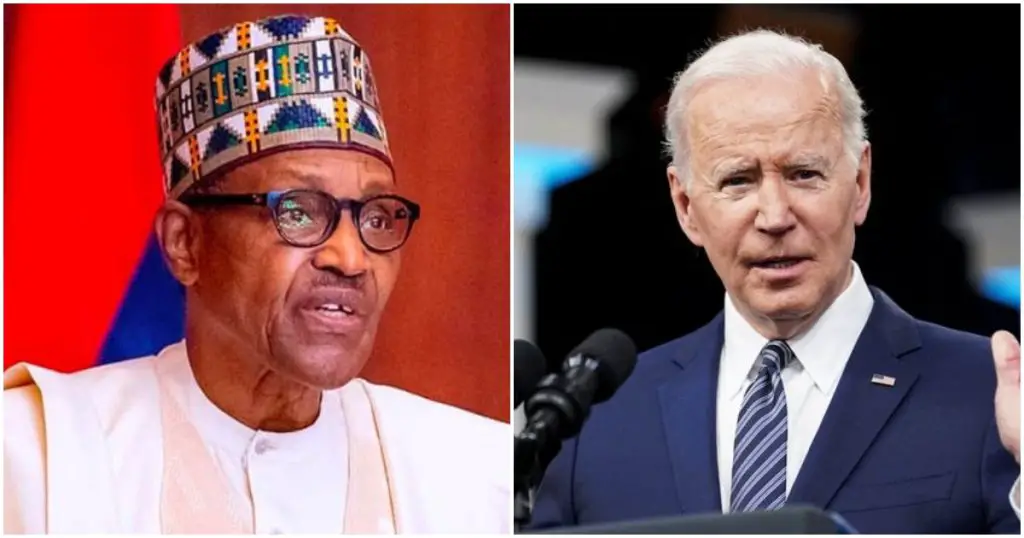Trending
- Kenya Apparel Exports Targetting $1 Billion by 2025
- Inaction On SDGs to Cost Global Economy an Extra $38 Trillion
- Pullman Hotel Nairobi: French hospitality firm Accor to Open 1st Premium Brand in Kenya
- Investors tip Abu Dhabi as the next tech powerhouse globally
- Unlocking global investment potential: ministerial roundtable insights at AIM Congress 2024
- UN Tourism empowers women entrepreneurs at AIM 2024
- Kenya’s business conditions stabilised in April but heavy rains a concern for Q2
- Floods Sweep Away Billions in Economic Gains in Kenya and Tanzania
